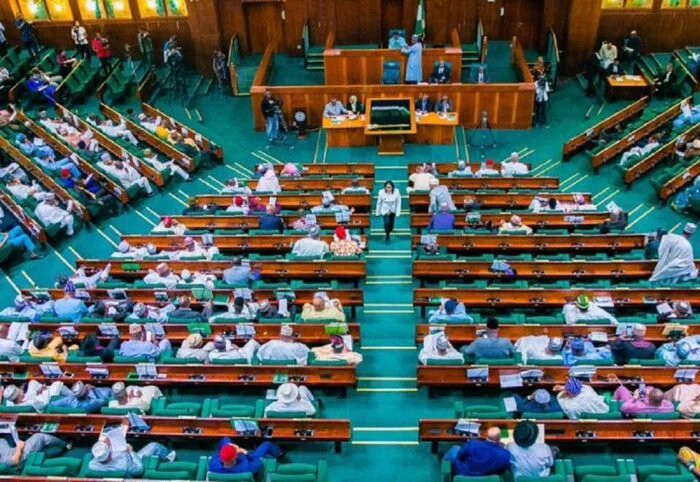The National Assembly has confirmed that it approved but amended the six-month emergency rule declared in Rivers State by President Bola Tinubu, adding critical checks and shortening the initial timeframe, according to Senate spokesperson Senator Yemi Adaramodu.
Speaking in Ilawe-Ekiti during an interview with journalists, Adaramodu clarified that the legislature made “significant adjustments” to the President’s initial request, inserting clauses to ensure continuous oversight and accountability during the emergency period.
Key Modifications by the Senate:
1 Shortened Duration: While the President proposed a six-month emergency rule, the National Assembly reduced the length—though the exact revised timeframe remains undisclosed.
2 Legislative Oversight: The Senate mandated ongoing National Assembly supervision over the actions and decisions of the sole administrator, Vice Admiral Ibok-Ete Ibas (retd.).
3 Mediation Committee: A conflict-resolution body has been constituted to mediate between warring factions in the Rivers political crisis and work toward restoring democratic governance.
Adaramodu emphasized that emergency declarations are not unilateral, stating,
“The President cannot just declare a state of emergency without legislative input. That’s why the National Assembly exists — to deliberate and, where necessary, amend.”
He also addressed public concerns that the 10th Assembly is acting as a “rubber stamp” of the executive, asserting that the legislature’s role is not to obstruct governance, but to collaborate while maintaining its constitutional oversight function.
“We are not an opposition bloc. We are a co-equal branch of government. Approvals, reforms, and budget decisions are made after thorough debate and stakeholder consultations,” he said.
The announcement follows weeks of political turmoil in Rivers, where power struggles between FCT Minister Nyesom Wike and suspended Governor Siminalayi Fubara escalated, prompting Tinubu’s controversial declaration of emergency rule on March 18. The measure included the suspension of the governor, his deputy, and the entire state assembly—actions that have drawn both domestic and international criticism.
The National Assembly’s revision is said to aim to temper executive control and ensure a return to democratic normalcy in the oil-rich state. However, critics remain skeptical about the emergency’s legality and the continued influence of Wike, particularly after his high-profile meeting with suspended lawmakers in the UK last week.
You Can Get More News Using The Button Below.

